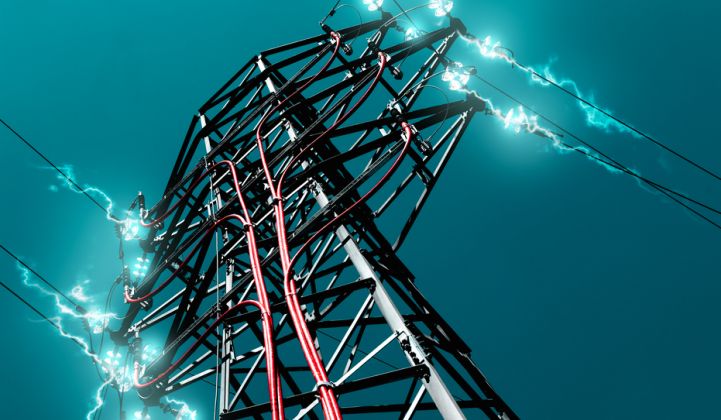Different Levels Of Security Clearance Available For Tech Jobs
Security clearance is a critical requirement for many tech jobs, especially those involving sensitive information, national security, or government contracts. The process of obtaining security clearance ensures that individuals are trustworthy and do not pose a risk to security. This article delves into the different levels of security clearance available for tech jobs, outlining the criteria, process, and importance of each level.
Understanding Security Clearance
Security clearance is a status granted to individuals allowing them access to classified information or restricted areas after a thorough background check. In the tech industry, security clearance is often required for positions involving work with government agencies, defense contractors, or other sensitive sectors. The clearance levels vary based on the sensitivity of the information and the potential impact on national security if disclosed.
Levels of Security Clearance
There are generally three primary levels of security clearance: Confidential, Secret, and Top Secret. Each level requires a different depth of background investigation and grants access to different levels of classified information. Also get knowledge about clearance for nbi.
1. Confidential Clearance
Confidential clearance is the lowest level of security clearance. It provides access to information that could cause damage to national security if disclosed without authorization.
Criteria and Process:
- Background Check: The background check for Confidential clearance includes verifying personal information, employment history, education, criminal record, and credit history. The process is less rigorous compared to higher levels of clearance.
- Investigation Duration: The investigation typically takes a few weeks to a few months, depending on the individual’s background and the completeness of the information provided.
- Renewal: Confidential clearance must be reinvestigated every 15 years.
2. Secret Clearance
Secret clearance is a mid-level clearance granting access to information that could cause serious damage to national security if disclosed.
Criteria and Process:
- Background Check: The background check for Secret clearance is more thorough than for Confidential clearance. It includes a detailed review of personal history, interviews with associates, and more extensive checks on financial and criminal records.
- Investigation Duration: The investigation can take several months to a year, depending on the complexity of the individual’s background.
- Renewal: Secret clearance must be reinvestigated every 10 years.
3. Top Secret Clearance
Top Secret clearance is the highest level of security clearance. It provides access to information that could cause exceptionally grave damage to national security if disclosed.
Criteria and Process:
- Background Check: The background check for Top Secret clearance is the most extensive. It includes a thorough investigation of personal and professional history, interviews with friends, family, and acquaintances, and a deep dive into financial, criminal, and foreign contacts. A polygraph test may also be required.
- Investigation Duration: The process can take a year or more due to the comprehensive nature of the investigation.
- Renewal: Top Secret clearance must be reinvestigated every 5 years.
Special Access Programs (SAP) and Sensitive Compartmented Information (SCI)
In addition to the standard clearance levels, there are specialized programs that provide access to highly sensitive information.
Special Access Programs (SAP)
SAPs are protocols that provide additional safeguarding and access requirements for highly sensitive information. Access to SAPs requires a Top Secret clearance and additional vetting processes. Check about nbi clearance center.
Sensitive Compartmented Information (SCI)
SCI refers to classified information about intelligence sources and methods. Access to SCI requires a Top Secret clearance and additional approvals specific to the compartmented information.
Importance of Security Clearance in Tech Jobs
Security clearance is vital for tech jobs involving:
- National Defense: Positions with defense contractors and government agencies working on national security projects.
- Cybersecurity: Roles protecting critical infrastructure and sensitive data from cyber threats.
- Government Contracts: Jobs with companies providing services or products to government entities.
- Research and Development: Positions involving the development of technology with potential national security implications.
Having the appropriate level of security clearance ensures that tech professionals can perform their duties without posing a risk to national security. It also opens up opportunities for high-responsibility and high-paying positions..







